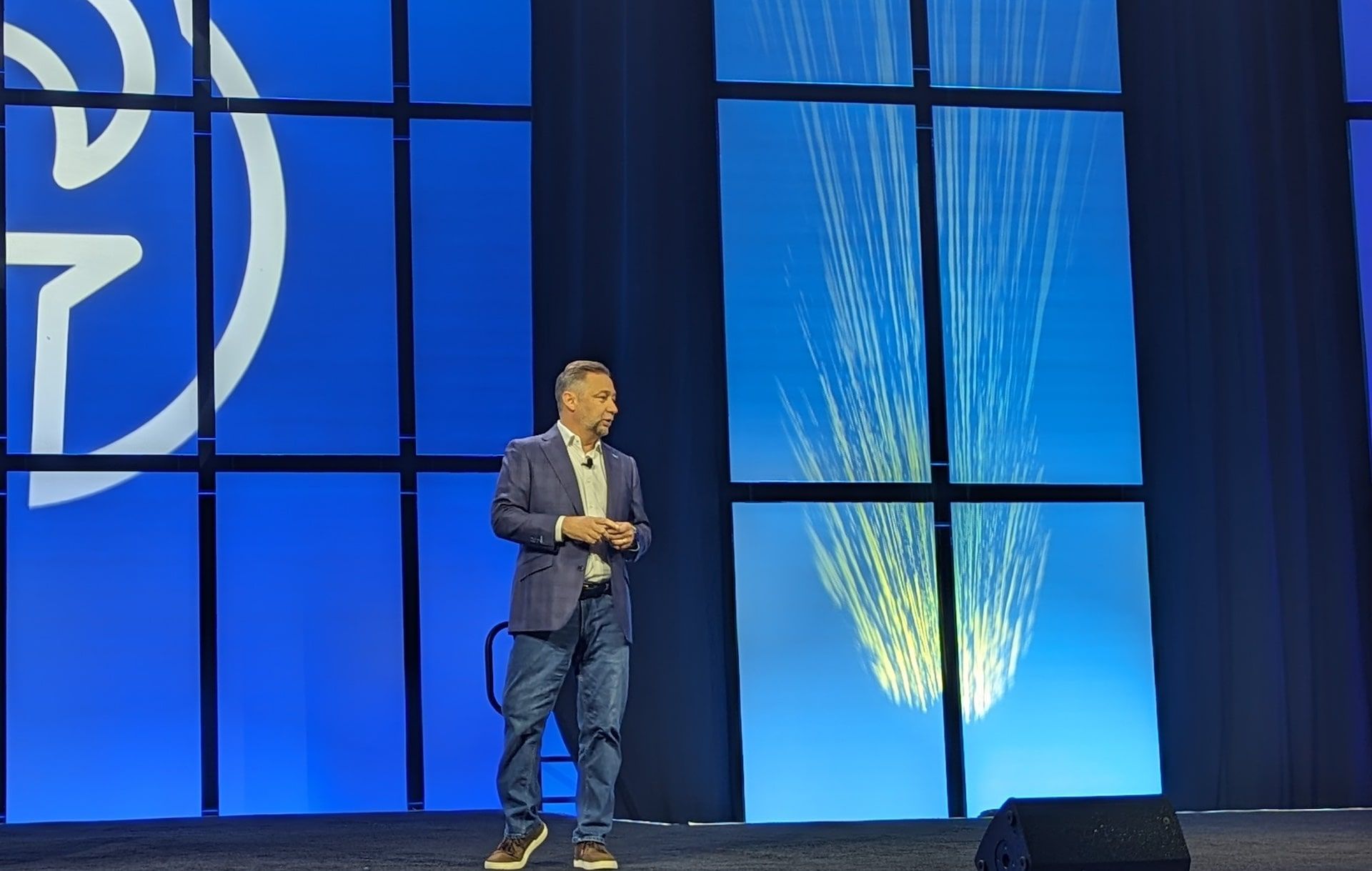United Airlines has amended CEO Oscar Munoz's compensation plan to include customer experience KPIs (key performance indicators), according to CNBC. Munoz also was in line to become chairman of the airline, but his updated employment agreement states that "future determinations related to the Chairman position" are now left "to the discretion of the Board," according to an SEC filing.
The updated compensation plan and chairmanship wording come roughly two weeks after a United Airlines passenger was dragged off a flight. A video of the incident triggered an international uproar. Munoz complicated the situation with initial comments that appeared insensitive to the situation.
The big question: Can United and other companies successfully align executive compensation with customer experience KPIs. Moreover, what types of KPIs will United track?
Customer Experience: True Commitment or Lip Service?
The idea of aligning executive and employee compensation with customer experience isn't new. Forrester Research explored these approaches back in 2011. More recently, Forrester pointed out: 73% of companies say improving customer experience is a priority. But only 1% of organizations deliver an excellent experience for their customer, as noted by UserTesting.com.
In United's case, the company's customer experience story has been dismal for several years. Indeed, the company's net promoter score (NPS) was only 10 in 2014, compared to 62 for Southwest Airlines, according to a US consumer airlines study. Fast forward to present day and United's already dismal image has, um, taken a beating.
Aligning customer experience KPIs with United's CEO compensation apparently is designed to fix that problem. Just like CNBC, we're still trying to track down exactly what those KPI measures will involve...




